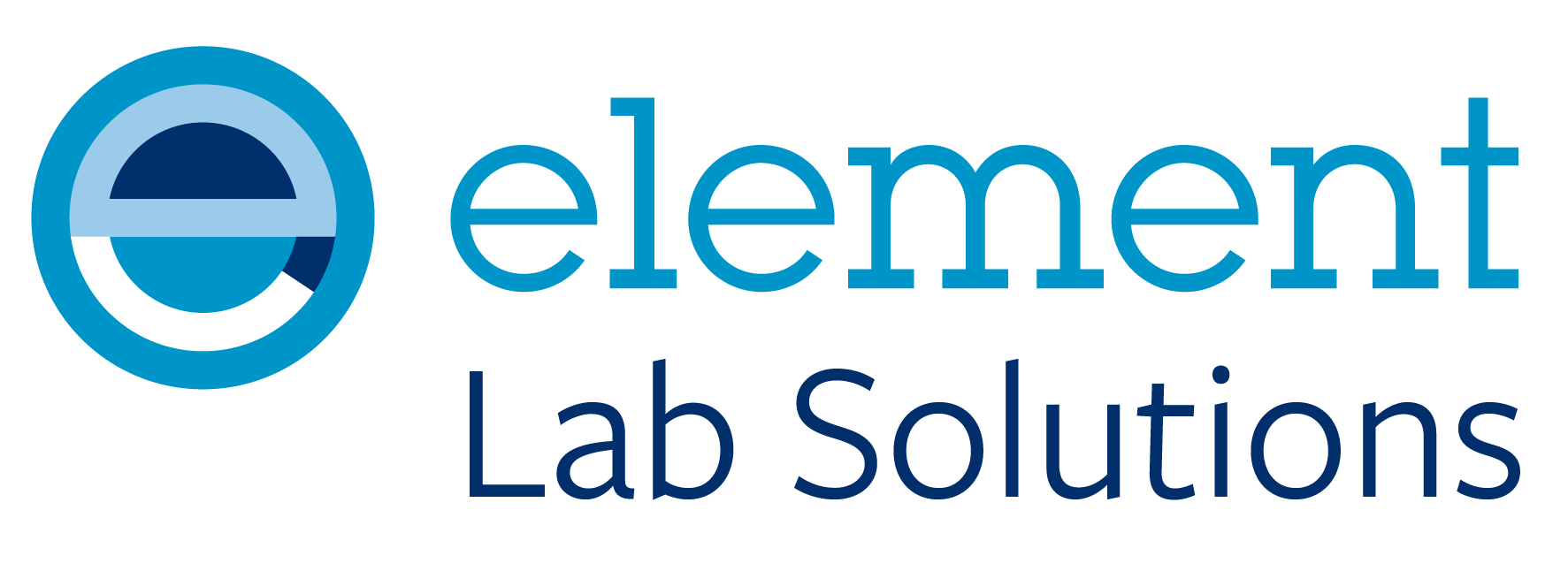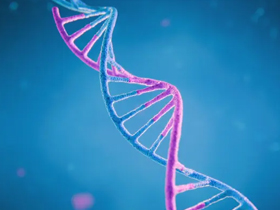LC-MS FOR PROTEINS AND PEPTIDES
TRAINING COURSE
Proteins and peptides present unique challenges in liquid chromatography–mass spectrometry (LC-MS) analysis, from complex fragmentation patterns to variable charge states and structural modifications. LC-MS for Proteins and Peptides is an in-depth training course designed to give you the knowledge and confidence to apply this technique to the analysis of intact proteins, peptide digests, and peptide mapping.
Whether you're supporting biopharmaceutical development, working in proteomics, or contract research, this course equips you with the foundational tools to interpret the unique and complex spectra generated from protein and peptide applications. This material is also useful to analysts requiring a better fundamental understanding of software derived interpreted results.
The material is carefully designed with extensive embedded workshop content to practice skills as they develop during the training.
This course is ideal for analytical scientists, mass spectrometrists, and proteomics researchers involved in protein characterisation and peptide mapping analysis using LC-MS.
LC-MS FOR PROTEINS AND PEPTIDES COURSE DETAILS
- Protein & Peptide Fundamentals: Structure, solution chemistry, and fragmentation behaviour
- Intact Protein LC-MS: Column and mobile phase choices for high-mass analysis
- Isotopic and Charge State Interpretation: Understand A+n contributions, multiple charging, and spectral deconvolution
- Peptide Digestion: Trypsin and alternative enzymes, peptide mapping, and LC method setup
- MS/MS Fragmentation: Charge-driven mechanisms, diagnostic fragment ions, and spectral interpretation
- De Novo Sequencing: Apply the a/b/c and x/y/z ion series to deduce peptide sequences
- Advanced Techniques: In-source CID, pseudo-MS3, and modified peptide analysis
We offer flexible delivery options for this instructor-led course:
- On-site: two days at your lab or a location of your choice.
-
Online: four half days.
View our online training calendar for upcoming dates.
Experienced in small molecule LC-MS.
-
Foundation – Protein Structure
- Amino acids
- Solution chemistry
- Peptides
- Proteins
-
Intact Protein Chromatography
- Column selection
- Mobile phase conditions
-
Carbon 13 Isotopes
- HRAM instruments
- Isotopic abundance
- Contribution at A+n of high molecular weight compounds
-
Multiple Charging (1)
- Explanation of m/z
- A+1 delta
- Deconvolution of low resolution spectra
-
Multiple Charging (2)
- Combining high molecular weight A+n with multiple charging
- Deconvolution of high molecular weight compounds from HRAM spectra using A+n delta
-
Peptide Digests
- Enzymatic subunit cleavage
- Peptide digestion process
- Peptide fragments formed from trypsin digestion
- Alternative proteolytic enzymes
- HPLC analysis of peptides - Column selection - Mobile phase composition
- Workshops
- In-Source Collision Induced Dissociation
-
MS/MS Fragmentation Mechanisms of Peptides
- Ionisation site formation and stabilisation
- Charge migration fragmentation
- Effect of ion charge state of fragmentation spectral quality
- Structurally important fragments
- Non-sequence related fragments
- Fragment abundance
-
MS/MS Denovo Peptide Sequencing
- Mobile proton model of fragmentation
- Effect of charge state on fragmentation
- Optimisation of parent ion selection and Q2 energy
- a, b, c series deletions - Individual types with workshops - Combined types with workshops
- x, y, z series deletions - Individual types with workshops - Combined types with workshops
- Combined a, b, c and x, y, z series spectra
- Sidechain type effect on sequential deletions
- Arginine blocking
- Side chain cleavage
- Double residue deletions
- Pseudo MS3 Acquisition
LC-MS FOR PROTEINS AND PEPTIDES COURSE OVERVIEW
Gain the skills and confidence to interpret complex protein and peptide LC-MS data.




